SUMMARY
This is AI generated summarization, which may have errors. For context, always refer to the full article.
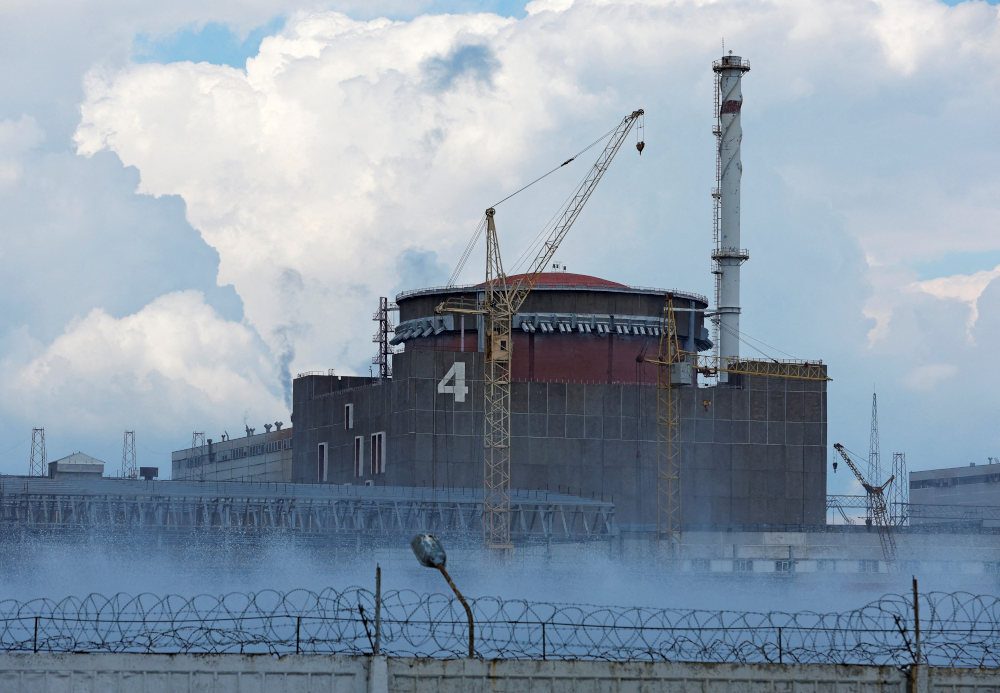
KYIV, Ukraine – Moscow denounced sabotage and Ukraine hinted at responsibility for new explosions on Tuesday, August 16 at a military base in the Russian-annexed Crimea region that is an important war supply line.
The blasts engulfed an ammunition depot at a Russian military base in the north of the peninsula, disrupting trains and forcing 2,000 people to be evacuated from a nearby village, according to Russian officials and news agencies.
Plumes of smoke were later seen at a second Russian military base in central Crimea, Russia’s Kommersant newspaper said, while blasts hit another facility in the west last week.
The explosions raised the prospect of new dynamics in the six-month war if Ukraine now has capability to strike deeper into Russian territory or pro-Kyiv groups are having success with guerrilla-style attacks.
Russia has used Crimea, which it annexed from Ukraine in 2014, to reinforce its troops fighting in other parts of Ukraine with military hardware, a process Kyiv is keen to disrupt ahead of a potential counter-offensive in southern Ukraine.
Crimea is the base of Russia’s Black Sea Fleet and also popular in the summer as a holiday resort.
In Tuesday’s incident, an electricity substation also caught fire, according to footage on Russian state TV. Russia’s RIA news agency said seven trains were delayed and that rail traffic on part of the line in northern Crimea had been suspended.
Operation ‘demilitarization’
Ukraine has not officially confirmed or denied responsibility for explosions in Crimea, though its officials have openly cheered incidents in territory that, until last week, appeared safe in Moscow’s grip beyond range of attack.
After Tuesday’s blasts, Ukrainian presidential adviser Mykhailo Podolyak and chief of staff Andriy Yermak both exulted on social media at “demilitarization”: an apparent mocking reference to the word Russia uses to justify its invasion.
“Operation ‘demilitarisation’ in the precise style of the Armed Forces of Ukraine will continue until the complete de-occupation of Ukraine’s territories. Our soldiers are the best sponsors of a good mood,” Yermak wrote on Telegram.
Russia’s defense ministry said the explosions at the ammunition depot were “a result of sabotage”.
With the war raging since Februry 24, attention has also focused in recent days on shelling in the vicinity of the Zaporizhzhia nuclear plant in southern Ukraine.
Both sides have blamed each other for risks to Europe’s largest nuclear facility, which Russia has seized though Ukrainian technicians operate it.
The region’s governor, Oleksandr Starukh, said up to 400,000 people would need to be evacuated in the event of an accident.
The Ukraine conflict has caused millions to flee, killed thousands, and deepened a geopolitical rift between Moscow and the West.
Russia calls its invasion a “special military operation” to demilitarize its neighbor, protect Russian-speaking communities and push back against the NATO military alliance’s expansion.
Ukraine and Western backers accuse Russian President Vladimir Putin of waging an imperial-style war of conquest.
Putin denounces US
In a speech to a security conference, Putin accused the United States of trying to drag out the Ukraine war by backing Zelenskiy’s government while also whipping up frictions in Asia.
He cited the AUKUS security pact between Australia, Britain and the United States as evidence of Western attempts to build a NATO-style bloc in the Asia-Pacific region.
US House Speaker Nancy Pelosi’s visit this month to Taiwan, which China claims as its own, was “part of a purposeful, conscious US strategy to destabilize and sow chaos in the region and the world”, Putin said.
In further fallout from the Ukraine war, Estonia decided to remove all public Soviet memorials in its majority Russian-speaking city of Narva while Finland moved to slash visas for Russians to a fraction of the current amount.
Even as the biggest attack on a European state since 1945 ground on, there was progress on a grain deal to ease a global food crisis created by slumping Ukrainian exports.
Following the unblocking of ports, the ship Brave Commander carried the first cargo of humanitarian food aid for Africa from Ukraine since Russia’s invasion.
Ukraine can export 3 million tons of grain from its ports in September and may in the future be able to export 4 million tons monthly, a government official said. – Rappler.com
Add a comment
How does this make you feel?

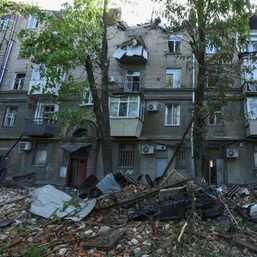

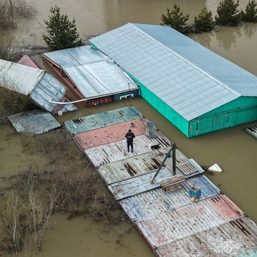


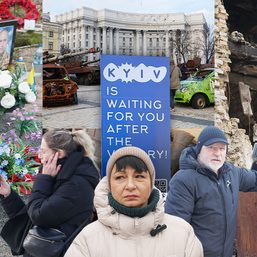
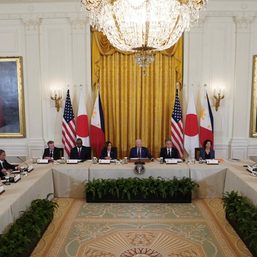
There are no comments yet. Add your comment to start the conversation.